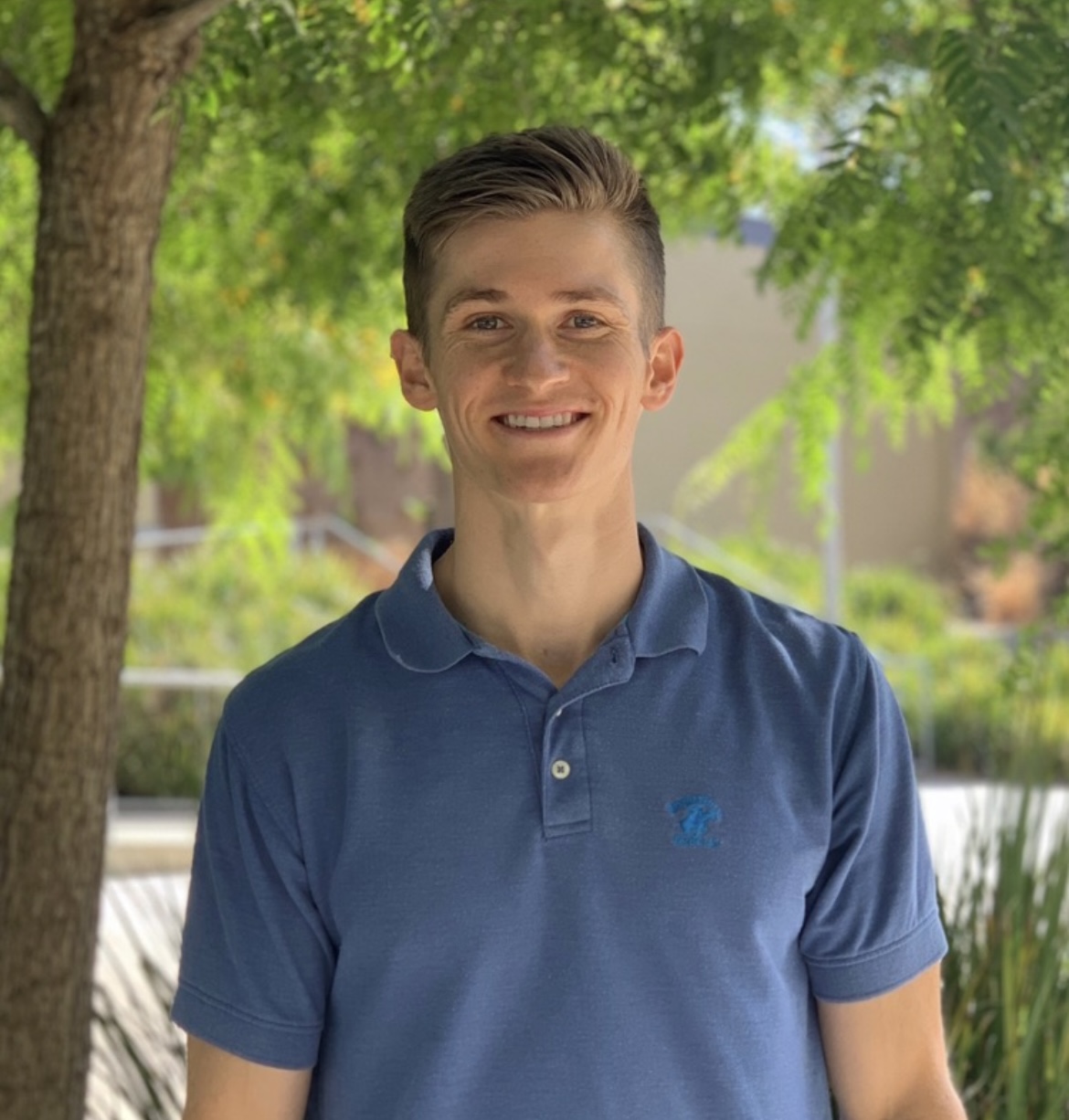My journey to medical school has been anything but orthodox. I changed majors twice, temporarily withdrew from my classes, took multiple gap years, and had a handful of other twists and turns that I couldn’t have seen coming. There were plenty of late nights, lots of uncertainty, and more than my fair share of doubts about whether I was cut out to be a physician.
From where I sit now, though, I recognize that everything came together exactly as it was supposed to. My hope in sharing my story is that other nontraditional pre-med students find comfort and confidence in their own unique path to becoming a physician — without comparing themselves to other pre-meds.
College and a Life-Changing Conversation
A career in medicine was nowhere on my radar as an incoming college freshman. I started as a civil engineering major, a decision I made primarily because I liked math and science. After a year and a half of coursework and two summer internships, I realized that civil engineering was definitely not my passion or calling. (You should be happy that I’m not designing any bridges you have to drive over.)
Other than realizing I needed to change career paths, the most important takeaways from those experiences were that I wanted to work closely with people, I loved listening to people, and I wanted to help people become healthier. You may be wondering how these realizations arose out of engineering coursework and an internship focused on building a dam, and rightfully so. As I said, I never anticipated pivoting to a career in health care. It was one person and one interaction, in particular, that completely changed the course of my professional and personal life.
During my second engineering internship, a coworker and I sat down for lunch together and started making small talk. To my surprise, the conversation quickly became much deeper than I expected. We had talked plenty of times before, but this was the first time we had gotten past the surface level and had a more serious conversation. They shared how they were struggling to quit smoking, describing how it was a habit they had picked up as a teenager. They also mentioned that they were trying to improve their diet since they tended to use food to cope with stress. Finally, they disclosed that they had been diagnosed with a psychiatric disorder some years before, but medication has since helped them manage their symptoms.
What was supposed to be a one-hour lunch quickly turned into two. To me, though, it felt like only a few minutes had passed. The best description I can give of how I felt during that conversation is captured by the concept of “flow.” Positive psychologist Mihaly Csikszentmihalyi defines “flow” as “a state in which people are so involved in an activity that nothing else seems to matter; the experience is so enjoyable that people will continue to do it even at great cost, for the sheer sake of doing it.”
For the remainder of the internship, that coworker and I maintained an open dialogue around their progress with quitting smoking and improving their diet. Our conversations were what kept me coming to work each day — it was then that I realized a health-care career could be a good fit for me. Health and wellness had always been something I was interested in, but I saw it as more of a hobby than a potential career path.
Changing Majors
After that internship, I changed majors to biomedical engineering so that I could take more biology and chemistry courses, crossing off some of the prerequisite courses for health professional schools. I still didn’t know if I wanted to be a physician, a physical therapist, or something else in the health professions, but that would become very clear to me over the next few years.
During that time, I changed majors again, I started working as a pre-health peer advisor and a peer health educator at my college and met an amazing girl who is now my wife. These positive events, though, were interspersed with plenty of trials, disappointments, and hardships. Over those next few years, I worked as hard as possible, sleeping four to five hours per night for weeks to get through the quarter. Eventually, this pace caught up with me, and I ultimately withdrew from the fall quarter of my fourth year to focus on my health. It’s certainly not ideal to have those “W’s” on your transcript as a medical school applicant, but that was exactly what I needed to do at the time. I regrouped, reevaluated my priorities, and dove back into coursework the following quarter.
I won’t go too much into detail on the events that followed, but here are some of the most important things I took away from my circuitous undergraduate career:
- Be true to your interests and passions — don’t try to fit yourself into a mold that you think will impress medical school admissions committees and lose yourself in the process.
- Acknowledge and accept that you’re human — do your best, but forgive yourself when you make mistakes. This also applies to taking care of yourself — you’re not a robot built to crank out homework assignments and flashcards around the clock. Make sure to allocate time for sleep and social activities in your busy pre-med schedule.
- Consistency, persistence, and patience are essential. Recognize that a career in medicine is a looooong path, so pace yourself accordingly and remain dedicated to your goals.
Post-College: Taking the MCAT
Initially, I struggled with the fact that I would have to take a few gap years before starting medical school. I had several friends starting medical school right away or taking only one year off. The comparison trap was always there for me, and I fell into it more often than I’d like to admit.
I still hadn’t taken the MCAT, so that was my first order of business. I did my research on the different prep companies out there but ultimately was drawn to Blueprint for its customizable, free study planner and detailed analytics. I took the free diagnostic exam and scored well below what I had hoped — I knew there was a lot of work for me to do before I’d be test-ready. Thankfully, Blueprint had already done much of the heavy lifting, and I had a proven, clear path outlined for me to increase my score. When I opened my test results a few months later, I saw that I had jumped 19 points from my diagnostic — needless to say, I’m extremely grateful that I stumbled across Blueprint MCAT prep.
Shortly after the MCAT, I got married, submitted my primary medical school application, and took a few weeks to recoup, focusing on spending time with my wife and family. After that much-needed break, I applied to become an MCAT tutor with Blueprint — I feel extremely lucky that I now get to help current MCAT students tackle this challenging exam while working for a company that genuinely cares about its employees and customers.
Researching and Next Steps
I’m now in the thick of the medical school application cycle, waiting to hopefully find out where I’ll be spending my next four years. I’m also conducting research with a physician I’ve looked up to since my third year of college — I got in touch with her via Instagram back in 2020, and she was kind enough to meet with me and give me a chance. (Another important takeaway here: shoot your shot. You never know who might give you a chance to shadow or work for them, so don’t be shy about reaching out to physicians in your community or those you look up to.)
My long-term career goals include becoming a psychiatrist and potentially taking on a role as a clinician-educator with an academic medical center. If my journey to medical school has taught me anything, though, it’s that you can never really know what lies ahead. As a college sophomore back in 2017, I never could have imagined what the next five years would hold for me. Looking back, though, I’m extremely grateful that my original five-year plan didn’t fall into place, and I can better understand why certain things happened the way they did—even those things that I absolutely hated at the time. I’m slowly learning to trust that there is a purpose and plan for every season. So, even if things don’t go your way or look as you expected them to, trust that you’re right where you’re supposed to be. Trust that each experience is bringing you one step closer to the physician and person you were meant to become.
Starting Your Journey
Ready to take the first step on your journey to med school? Get our free MCAT resources, including a customizable study planner and practice test with analytics to see your strengths and weaknesses!


